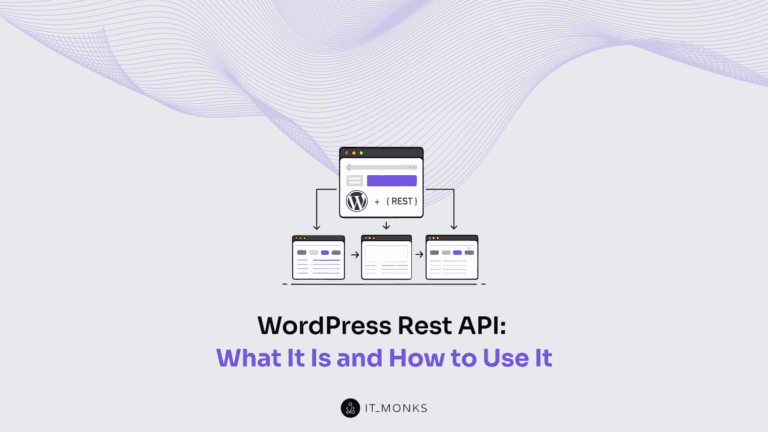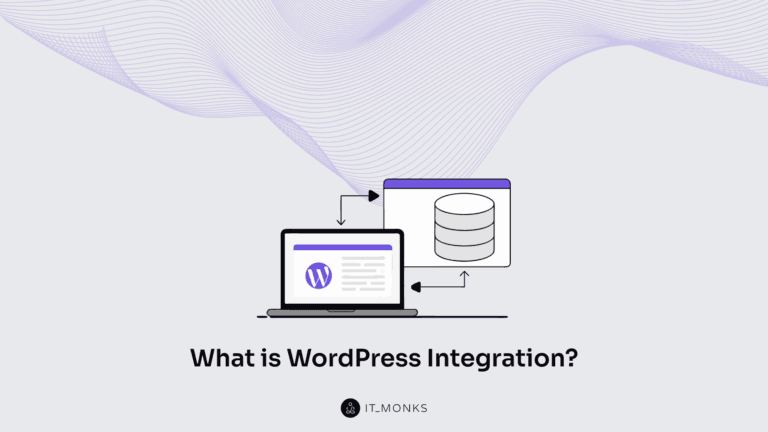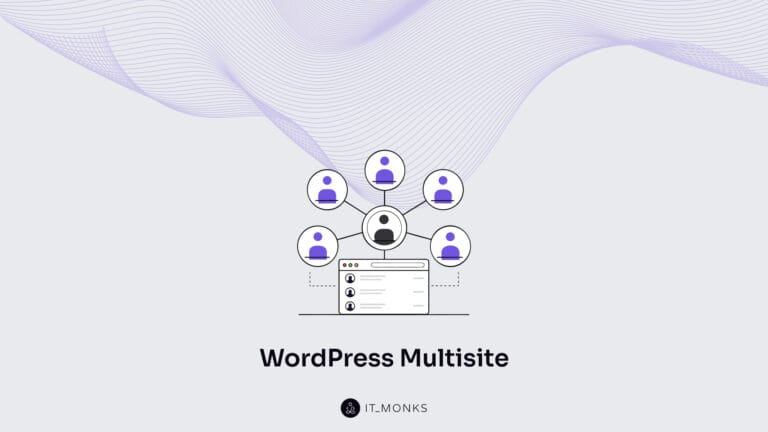SEO Myths to Ignore in 2024 for Better Rankings
Table of Contents

SEO myths are like old wives’ tales – they can lead website owners and marketers to ineffective strategies. But just like the myth that a penny dropped from a building can kill a person standing on the sidewalk, these myths lack logic and proof. If you’re an SEO consultant or blogger, knowing which practices to try and which to ignore is crucial. In this blog, we’ve gathered the most irrational SEO myths, thoroughly checked by our team of experts.
So, without further ado, let’s dive into debunking these myths. Here are some SEO myths that you should ignore in 2024.
7 SEO Myths to Ignore
In the ever-evolving world of SEO, it can be challenging to separate fact from fiction. With each passing year, new theories and strategies emerge, leading to many SEO myths that can hinder your website’s rankings. But fear not! We will debunk some of the most prevalent SEO myths for 2024, empowering you to make more informed decisions and achieve better rankings.
Myth 1: Keyword density is crucial for SEO
One of the most prevalent SEO myths is the belief that keyword density is crucial for SEO success. In the early days of SEO, keyword stuffing was a common practice. Websites would overload their content with keywords to rank higher in search results. However, search engines have become more sophisticated over time.
Today, search engines prioritize user experience and the overall quality of content. While using keywords strategically is still essential, the focus should be on creating valuable, engaging, and informative content that satisfies the user’s intent. Keyword stuffing makes your content difficult to read and can result in penalties from search engines.
Instead of obsessing over keyword density, focus on using keywords naturally and incorporating them into your content where they make sense. Conduct thorough keyword research to identify relevant, high-volume keywords that align with your target audience’s search intent. By creating content that addresses these keywords in a meaningful way, you’ll improve your chances of ranking higher in search results.
Myth 2: Meta tags have a significant impact on rankings
Meta tags, including the title tag and meta description, provide search engines with information about your web page. While they play a role in SEO, their impact on rankings has diminished. Search engines now place more emphasis on the overall content and user experience.
That being said, meta tags still have value. The title tag is vital for both SEO and user click-through rates. It should accurately reflect the content of your page and include relevant keywords. Although not a direct ranking factor, the meta description can influence users to click on your website in search results.
To optimize your meta tags, ensure they accurately represent your content and entice users to click. Use compelling language, include relevant keywords, and keep them concise. While meta tags may not significantly impact rankings, they can improve your click-through rates and indirectly contribute to better visibility.
Myth 3: SEO is all about link-building
Link building has long been considered a cornerstone of SEO. While backlinks are still important, they are no longer the sole determining factor for rankings. Search engines now prioritize the quality and relevance of backlinks over the sheer quantity.
Instead of exclusively acquiring as many backlinks as possible, focus on building high-quality, authoritative links. Quality over quantity should be your mantra. Seek out reputable websites and influencers in your industry and build relationships leading to valuable backlinks.
Additionally, diversify your link profile by acquiring links from various sources. This can include guest blogging, earning links through content marketing, or leveraging social media to amplify your content’s reach. Adopting a holistic link-building approach will create a more robust and natural backlink profile that search engines will value.
Myth 4: Content length doesn’t matter for SEO
Some believe that the length of your content doesn’t matter for SEO as long as it’s well-written and provides value. While quality is indeed crucial, content length can also impact your rankings.
Long-form content tends to perform better in search results. This is because longer articles are more likely to cover a topic in-depth and provide comprehensive information to users. Search engines recognize this and often reward longer content with higher rankings.
However, it’s important to note that content length alone won’t guarantee better rankings. Your content must still be well-structured, engaging, and relevant to the user’s search intent. Keep your paragraphs concise, use subheadings to break up the text, and incorporate multimedia elements such as images and videos to enhance the user experience.
In summary, aim for a balance between quality and length. Create content that thoroughly addresses the user’s query while maintaining readability and engagement.
Myth 5: SEO is a one-time effort
SEO is not a one-time effort but an ongoing process. Many believe that once they’ve optimized their website, they can reap the benefits indefinitely. However, SEO requires continuous monitoring, analysis, and refinement to stay competitive in the ever-changing digital landscape.
Search engines constantly update their algorithms, and your competitors are also working to improve their rankings. To stay ahead, regularly audit your website for technical issues, monitor your keyword rankings, analyze user behavior, and adjust your SEO strategies.
Additionally, keep an eye on emerging trends and technologies. Voice search, mobile optimization, and artificial intelligence are just a few examples of areas where SEO is evolving. You can maintain and improve your rankings over time by staying proactive and adapting to these changes.
Myth 6: SEO is only about Google
While Google dominates the search engine market, SEO is not limited to Google alone. Other search engines like Bing and Yahoo also have a significant user base. Ignoring these platforms means taking advantage of potential traffic and opportunities.
While the optimization techniques for different search engines may vary, the core principles remain the same. Focus on creating high-quality content, optimizing your website’s technical aspects, and building authoritative backlinks. Following these best practices will improve your visibility across multiple search engines and reach a broader audience.
Myth 7: SEO is only for large businesses
Some believe that SEO is only relevant for large businesses with big budgets. However, SEO is equally important for businesses of all sizes. In fact, small and local businesses can benefit greatly from a well-executed SEO strategy.
Local SEO, in particular, can help small businesses increase their visibility in local search results and attract customers in their area. By optimizing your website for local keywords, creating a Google My Business listing, and earning positive reviews, you can improve your chances of ranking higher for relevant local searches.
Additionally, SEO provides a cost-effective way to drive organic traffic to your website. While paid advertising can yield immediate results, it can also be expensive. SEO allows you to attract targeted traffic over the long term without relying solely on paid channels.
SEO agency partnership considerations
Before partnering with an SEO agency, it’s important to be wary of fake promises that use pleasing words like “Within 30-35 days, you can see your website at the first position of SERP.” To avoid this, ask the agency if you can talk with their previous or current clients to understand their experiences.
It’s also important to know the agency’s position on the SERP. If they don’t have better visibility on the search engine, they cannot work wonders for your SEO rankings. Additionally, check if the agency is analyzing your business’s nature, audience, online requirements, and other crucial details before coming up with a quote.
Ensure the agency has a good deal of experience working with clients, particularly in your niche. While experience is just a number, experienced digital marketing agencies can handle your SEO activities and digital marketing services like pros.
At IT Monks, we implement the best practices on SEO and Core Web Vitals to have your website showing at the top. Thus, you have your website re-designed and built from a marketing perspective. Do you need help with improving your website’s ranking? Feel free to contact us to discuss the details of your project.
Contact
Don't like forms?
Shoot us an email at [email protected]




